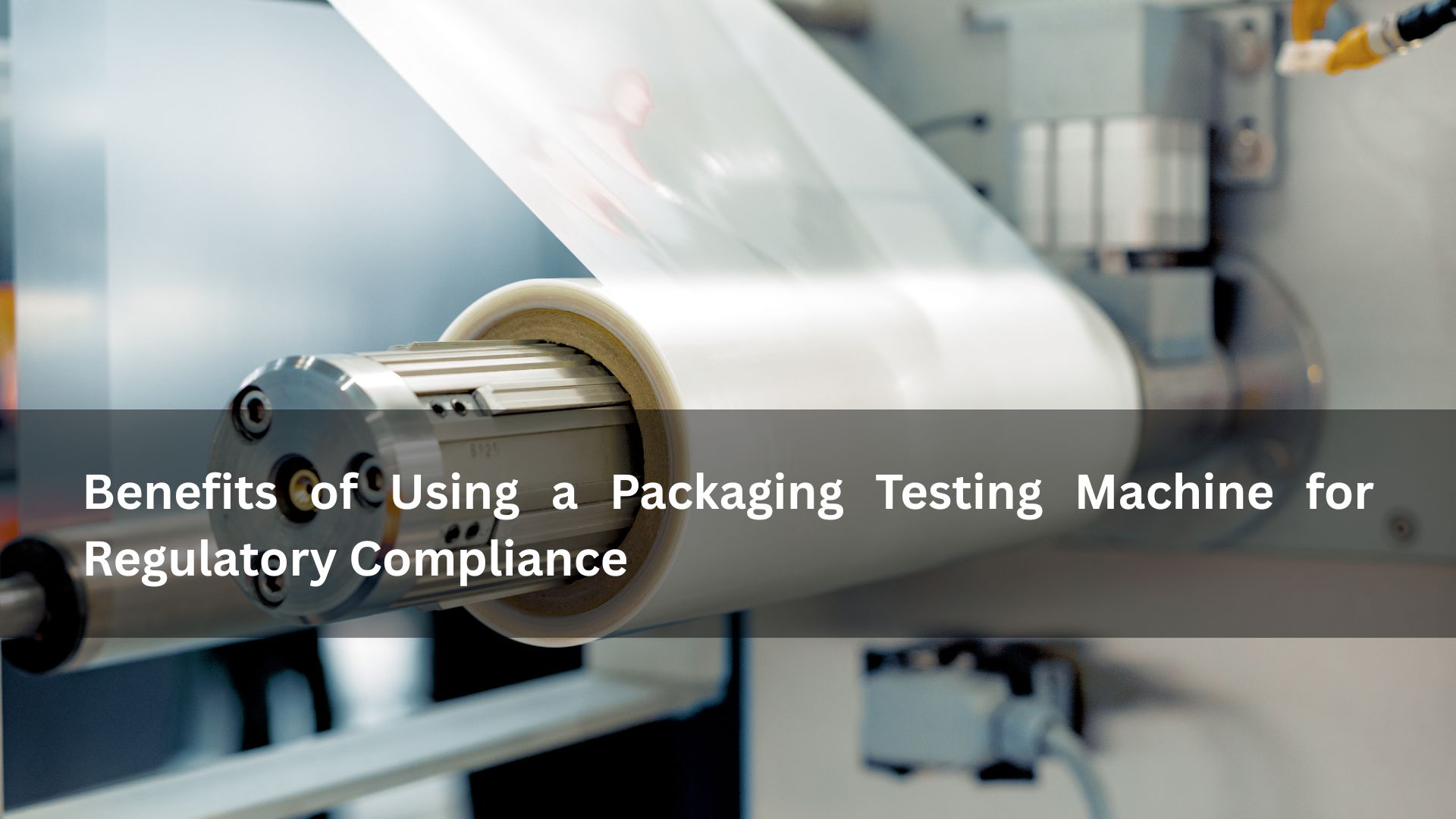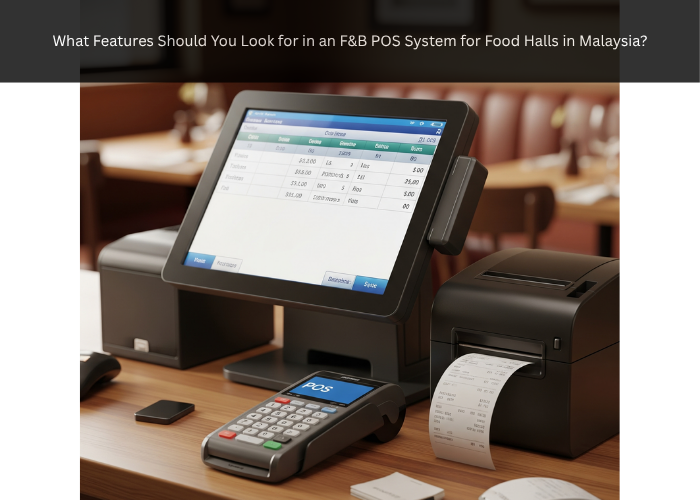Stay Compliant with Help from a Packaging Testing Machine
Across industries and international borders, organizations such as ISO (International Organization for Standardization), ASTM International (American Society for Testing and Materials), and ISTA (International Safe Transit Association) have defined rigorous packaging standards. These standards ensure product safety, reduce environmental harm, and promote consistency across supply chains.
Let’s take an example from the pharmaceutical industry. The U.S. FDA (Food and Drug Administration) mandates that medical product packaging must maintain sterility and integrity throughout its distribution. Without proper testing, a slight tear or breach in the seal could make the product non-compliant — and dangerous. Similarly, in the food industry, improper packaging can lead to contamination or spoilage, which can also attract regulatory penalties.
This is where the Packaging Testing Machine becomes essential. It ensures that all packaging materials and designs can withstand expected transport and handling conditions — and that they meet the criteria set by regulatory standards.
By routinely testing packaging and recording the results, companies can maintain full traceability and demonstrate compliance during inspections or audits. In regulated industries like aerospace, automotive, or defense, the importance of documented, repeatable packaging performance can’t be overstated.
How Packaging Testing Machines Help Meet Standards
A wide range of packaging performance tests are required for regulatory compliance. Packaging Testing Machines are designed to carry out these tests with accuracy and consistency. Some of the most common tests include:
Drop Test: Measures a package’s resistance to sudden impacts, simulating what happens if a box is accidentally dropped during handling.
Burst Strength Test: Evaluates the amount of internal pressure a package can withstand before bursting — particularly important for containers holding liquids or gases.
Edge Crush Test (ECT): Determines the stacking strength of corrugated boxes by applying force to the edge of the package.
Vibration Test: Replicates the constant shaking that packages endure during transport via trucks, ships, or airplanes.
Compression Test: Tests how much weight a package can bear, which is crucial for stacking in warehouses or during shipping.
Each of these tests is directly tied to standards from organizations like ISO 12048 (compression), ASTM D4169 (transport simulation), or ISTA Series 1-6 protocols. By using a Packaging Testing Machine, companies can run these tests on-site, reduce third-party testing costs, and obtain real-time validation of packaging performance.
Moreover, the machine software typically includes automated report generation features, which provide clean, auditable data records. These reports are valuable during compliance audits and help prevent disputes or regulatory actions.
Minimize Legal Risks with Reliable Packaging Testing Machine
Regulatory non-compliance isn’t just a bureaucratic issue — it opens the door to serious legal and financial consequences. If a product is damaged due to poor packaging, it can result in:
Product recalls: Costly and damaging to the brand.
Customer injury: In cases involving hazardous materials, broken containers can cause harm, leading to lawsuits.
Reputational damage: News of packaging failures can erode consumer trust.
Fines and penalties: Regulatory bodies in different countries can impose large fines for packaging violations.
Using a Packaging Testing Machine acts as an insurance policy against such risks. Since it validates the durability and safety of packaging materials and structures, businesses have tangible proof that they have taken the necessary precautions. If a complaint or legal issue arises, test reports from the machine serve as verifiable evidence of due diligence.
In high-risk sectors like chemicals, cosmetics, and medical devices, maintaining such documentation is often a mandatory part of compliance procedures. Some countries even require certificates from test results before allowing products into the market.
Improve Internal Quality Control and Consistency with Packaging Testing Machine
Regulatory compliance doesn’t start with government inspections — it starts at the factory. By integrating Packaging Testing Machines into their internal quality control processes, manufacturers can ensure consistency from batch to batch.
This proactive approach has multiple benefits:
Fewer product recalls: Detect packaging failures before the product reaches the market.
Higher customer satisfaction: Well-tested packaging ensures that customers receive undamaged, intact products.
Lower operational risk: Early detection of weak or defective packaging materials prevents supply chain disruptions.
Additionally, testing packages at different points during the production cycle — from prototype design to full-scale manufacturing — helps optimize material usage while still meeting compliance standards. This ensures that companies aren’t over-packaging (wasting money and materials) or under-packaging (risking failure).
Packaging Testing Machine: Global Trade and Cross-Border Compliance
For businesses that operate internationally, regulatory compliance becomes even more complex. Each country may have its own set of packaging regulations. For instance:
European Union: Enforces packaging waste directives that require recycling and proper labeling.
Japan: Requires transport packaging to be compact and environmentally friendly under the “3R” (Reduce, Reuse, Recycle) principle.
United States: Requires packages to meet various federal guidelines depending on product type.
With a Packaging Testing Machine, companies can test their packaging designs for compatibility with multiple international standards — enabling smoother customs clearance and faster market entry. It eliminates the guesswork from global compliance and helps businesses adapt quickly to evolving packaging laws.
Conclusion: Simplify Compliance with a Packaging Testing Machine
In an era where regulatory standards are only becoming stricter, the importance of reliable and validated packaging cannot be overstated. A Packaging Testing Machine does more than test boxes — it protects your brand, ensures customer satisfaction, prevents legal complications, and accelerates global market access.
By investing in high-quality packaging validation tools, companies not only meet current compliance demands but also future-proof their operations against new regulations and changing logistics conditions.
In short: Compliance is simpler, faster, and more accurate with the help of a Packaging Testing Machine.










